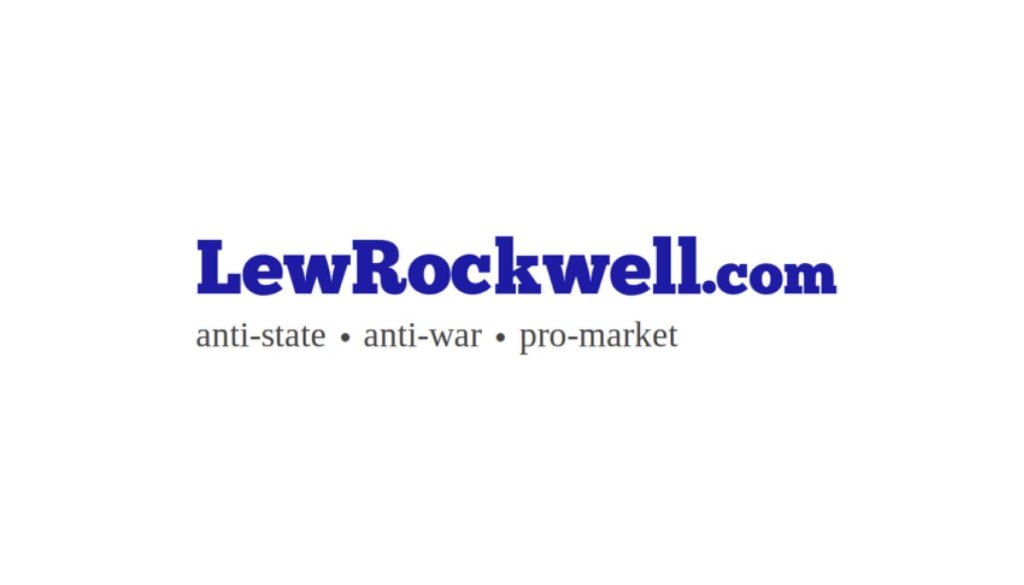The Certifiers Rule, So Be Prepared
Since the advent of Keynesianism economics has been plagued by faulty assumptions and methodologies, and given the influence of economists in government and on the Federal Open Market Committee, it’s not surprising that a big question mark hangs over our economic future.
Complicating this situation is how the people who write laws understand what they are doing. Passing a minimum wage increase, for instance, sounds like politicians are sympathizing with working people. Yet such a measure would hurt some workers for the benefit of others, and may price labor out altogether for some firms.
The Fed could print more money to allow employers to raise the wages of their employees, but the downsides should be obvious. Since politics trumps economic reasoning, we get policies that put a shine on politicians. And trainers of economists are obliged to comply with political reality. It’s all short-run considerations.
If you are in a doctorate degree program in economics, or hope to join one, what should you do? If you’re truly brilliant and ambitious you could take a free market path and seek recognition without the aid of certification. But keep in mind it could be a rough road you’ve chosen.
If you can do the job, you’ve got it — but
Back in the prehistoric days of computing, when there were IBM mainframes and no desktop computers, when AI was science fiction, when people with degrees in computer science were rare, our project leader challenged us to create a program that would let non-programming personnel write programs.
We had Ph.D-holding mathematicians, physicists and others whose job it was to analyze the results of Anti-Ballistic Missile launches. The prototype operations took place in a remote part of the Pacific Ocean not far from Micronesia and were tracked by a phased-array radar that captured missile flight data on CDC high-speed magnetic tapes. The data traveled by satellite to IBM tapes back in mainland US where a staff of degree-holding Fortran programmers in Western New York wrote programs in consultation with the analysts.
Although the programming staff had developed a library of commonly-used algorithms, saving program development time
Article from LewRockwell

LewRockwell.com is a libertarian website that publishes articles, essays, and blog posts advocating for minimal government, free markets, and individual liberty. The site was founded by Lew Rockwell, an American libertarian political commentator, activist, and former congressional staffer. The website often features content that is critical of mainstream politics, state intervention, and foreign policy, among other topics. It is a platform frequently used to disseminate Austrian economics, a school of economic thought that is popular among some libertarians.




